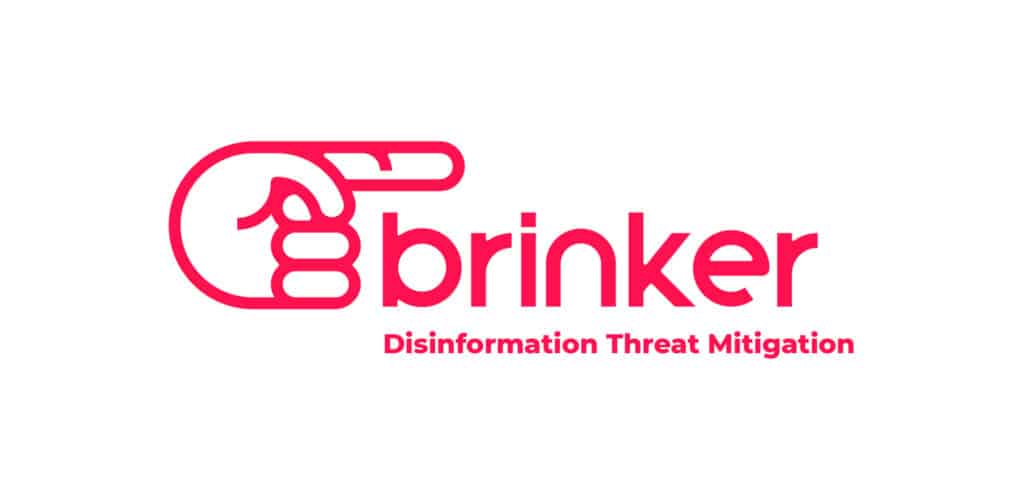If you haven’t had a chance to check out the Washington Post story on The National Security Agency’s (NSA’s) and FBI’s widespread program of wire tapping, which leads directly into the servers of nine leading U.S. Internet companies, including Facebook, Microsoft, Google and Apple. The classified program, dubbed PRISM, dates to 2007 and the administration of George W. Bush and authorizes the nation’s top spy agency to peer deep into the servers of popular social networking sites, compiling audio, video, photographs, e-mails, documents and connection logs. Together the information could enable intelligence operators to track an individual’s communications, movements relationships over time. The classified program came to light following the leak of a classified presentation for NSA staff, dated April 2013, that describes the program as critical and a leading contributor of intelligence to President Obama’s daily briefing. While a small cadre of members of Congress were briefed on the program […]
Recent Posts
New Malware Exploits Android Glitch To Block Removal
A new malicious program that runs on Android mobile devices exploits vulnerabilities in Google’s mobile operating system to extend the application’s permissions on the infected device, and to block attempts to remove the malicious application. Writing on securelist.com, Kaspersky Lab’s research blog, malware researcher Roman Unuchek called the newly discovered Trojan the “most sophisticated” malicious program yet detected that works with Android phones. He cited the Trojan’s advanced features, including complex obfuscation techniques that complicated analysis of the code, and the use of a previously unknown vulnerability in Android that allowed it to take control of and maintain a foothold on infected Android devices. Kaspersky said it has contacted Google regarding the malware and the alleged vulnerabilities in Android. Google was unable to confirm that prior to publication. The malware, dubbed Backdoor.AndroidOS.Obad.a, is described as a “multi function Trojan.” Like most profit-oriented mobile malware, Obad is primarily an SMS Trojan, […]
UN Calls Electronic Surveillance A Threat To Democracy
A new report out from the United Nations’ General Assembly warns that governments’ use of electronic surveillance and monitoring of citizen communications is a violation of human rights and calls for updated laws and guidelines that reflect changes in communications “techniques and technologies.” The growing use and sophistication of digital surveillance has outstripped the ability of societies to legislate their proper use, leading to “ad hoc practices that are beyond the supervision of any independent authority,” and that threaten to stifle free expression, according to the report, issued by the UN General Assembly’s Human Rights Council (PDF). First issued in April, but released to the public this week, the report looks at States’ use of communications surveillance and their impact on what the report calls “human rights to privacy and to freedom of opinion and expression.” It concludes that the growth of online surveillance of electronic communications, including access to stored […]
Missing in Action At BlackHat: The PC
Once the target of choice for hackers of all stripes, personal computers (PC) will be -at most- a side attraction at this year’s annual Black Hat Briefings show in Las Vegas, where presentations on ways to attack mobile devices and other networked “stuff” will take center stage. Just over ten percent of the scheduled talks and turbo talks at The Black Hat Briefings in early August (5 of 47) will be devoted to attacks against what might be considered “traditional” endpoints, like end user systems and servers running Microsoft’s Windows, Apple’s Mac OSX and Linux. By contrast, more than 30% will discuss security flaws and attacks against mobile phones or other “smart” devices including wireless surveillance cameras, home automation systems and smart meters. The dearth of PC-focused talks isn’t a new trend in and of itself. As far back as 2006, talks that explicitly discussed security issues with components of Microsoft’s […]
Monoculture 2.0: Will Android’s Rise Be A Security Nightmare?
There have been a bunch of interesting articles in recent weeks that highlight the rapid expansion of Google’s Android operating system from phones and tablets to all kinds of intelligent devices. They beg the question: is Android becoming the Microsoft Windows of the fast-emerging “Internet of Things.” And, if so, we might ask: ‘What are the security implications of that?’ First the skinny on Android’s growing dominance of the intelligent device sector. Ashlee Vance over at Businessweek.com delved into that with an article “Behind the Internet of Things is Android – and its everywhere.” Vance makes the point that Android is not only the choice for 75% of the handset makers these days – it’s also become the OS of choice for anyone making anything with a processor and a networking stack. The effect of that is akin to what Microsoft encountered when Windows went from being just another PC […]






